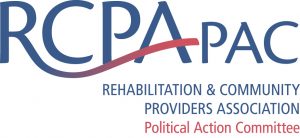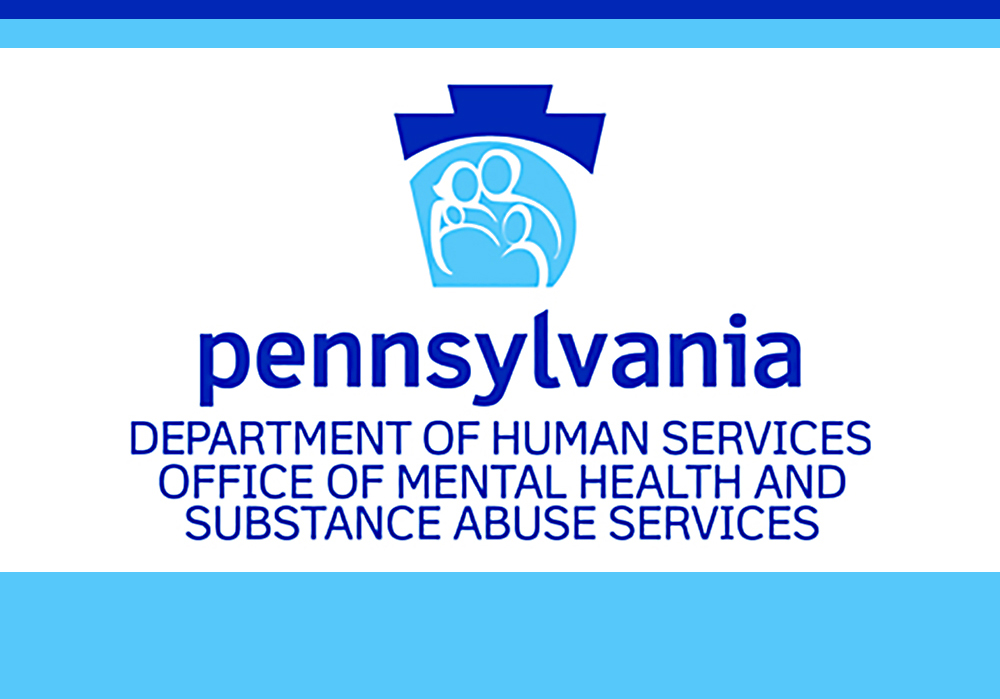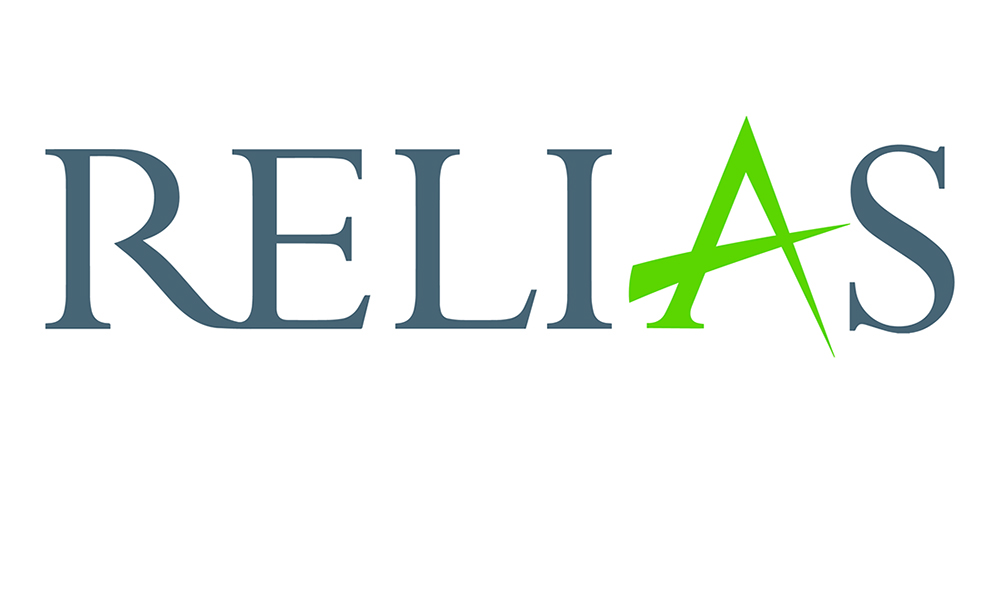Part 1: Navigating Evidence: Finding and Synthesizing Literature for Evidence-Based Practices
Tuesday, April 23, 2024
2:00 pm – 3:00 pm EDT; 1:00 pm – 2:00 pm CDT;
12:00 pm – 1:00 MDT; 11:00 am – 12:00 pm PDT
Register Here
Part 2: Making Evidence-Based Practices Work: Strategies and Outcomes
Tuesday, April 30, 2024
2:00 pm – 3:00 pm EDT; 1:00 pm – 2:00 pm CDT;
12:00 pm – 1:00 MDT; 11:00 am – 12:00 pm PDT
Register Here
Michael Peterson, MA, CCC-SLP
Speech-Language Pathologist and Clinical Transformation Specialist
Speaker Bio:
Michael works as a Clinical Transformation Specialist, where he focuses his efforts as part of a Clinical Transformation team to promote a culture of evidence-based practice at Gillette Children’s Specialty Healthcare in St. Paul, Minnesota. Michael is also a speech-language pathologist with 12 years of clinical experience working with children and adults with childhood-onset conditions. He applies his clinical experience and advanced training in knowledge translation and implementation science to partner with and guide clinical staff to bridge the gap between evidence and clinical practice.
Objectives: At the end of these sessions, the learner will:
Part 1: Navigating Evidence: Finding and Synthesizing Literature for Evidence-Based Practices
- Describe how to search for literature using PICOT questions
- Identify resources to support appraisal of relevant papers
- State the purpose of synthesis tables in supporting evidence-based practice decisions
- Describe how to use synthesis tables to make evidence-based practice recommendations
Part 2: Making Evidence-Based Practices Work: Strategies and Outcomes
- Describe how frameworks guide implementation of EBP
- State how barriers and facilitators influence implementation of EBP
- Describe implementation strategies
- List different kinds of outcomes to monitor implementation of EBP
Audience: This webinar is intended for all interested members of the rehabilitation team.
Level: Intermediate
Certificate of Attendance: Certificates of attendance are available for all attendees. No CEs are provided for this course.
















